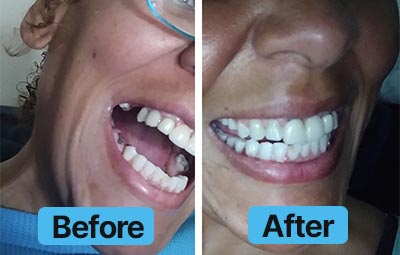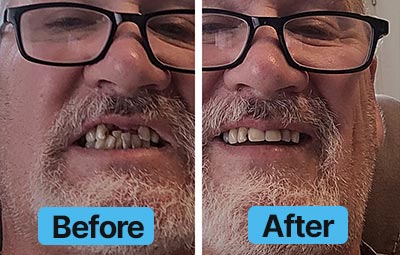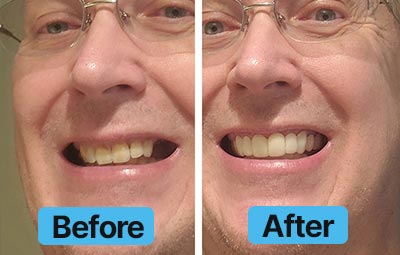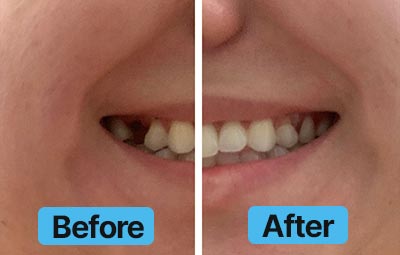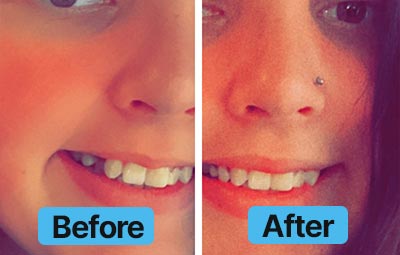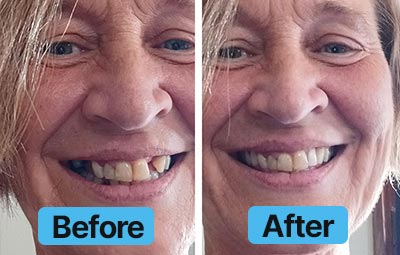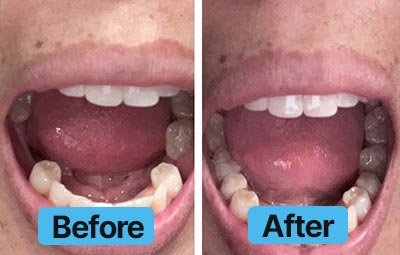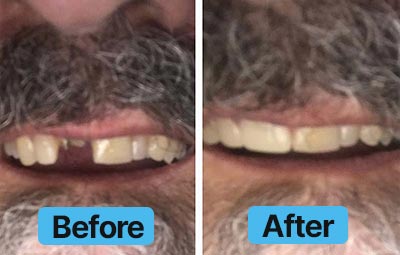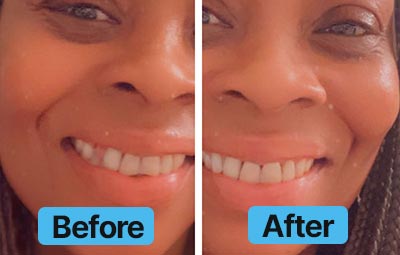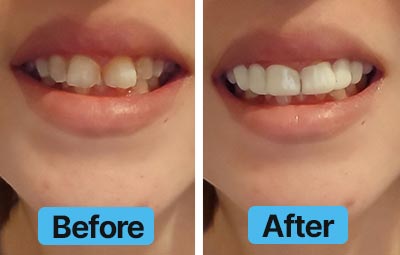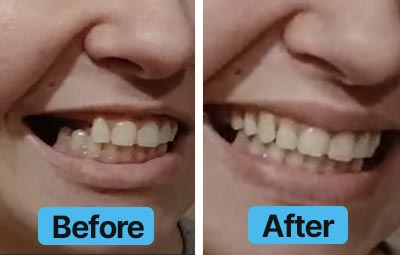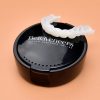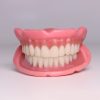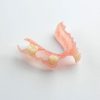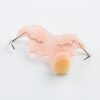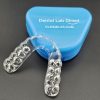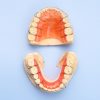Have you been considering tooth restoration to improve your oral health, but the potential costs have you worried? Tooth restoration is vital for maintaining a healthy smile, yet many hesitate due to financial concerns. This guide breaks down the costs associated with common procedures and explores different ways to manage and finance your care, keeping your smile and budget in mind.
What is Tooth Restoration?
Tooth restoration refers to a range of dental procedures to repair or replace damaged, decayed, or missing teeth. These treatments are crucial in enhancing your teeth’ functionality and aesthetics. Standard tooth restoration methods include:
- Fillings for cavities: Fillings are used to restore teeth damaged by decay. They seal the cavity, preventing further damage and restoring the tooth’s normal function and appearance. Materials like composite resin or amalgam are commonly used.
- Crowns to protect or restore weakened teeth: Crowns, often made of porcelain or metal, act as a cap to cover and protect a damaged or weakened tooth. They restore its shape, size, and strength while improving its appearance.
- Dentures or partials for replacing missing teeth: Dentures are removable appliances designed to replace missing teeth. Complete dentures replace all teeth, while partials address specific gaps, improving chewing and speech.
- Implants for a durable, permanent replacement: Dental implants are titanium posts surgically placed in the jawbone to act as artificial roots. They provide a long-lasting foundation for replacement teeth, offering durability and a natural look.
- Bridgework to fill gaps using neighboring teeth for support: Bridges fill gaps caused by missing teeth. They rely on adjacent teeth to support, prevent shifting, preserve alignment, and improve function.
The importance of tooth restoration goes beyond cosmetics. It protects oral health, ensuring functionality like chewing and speaking while boosting confidence.
The Financial Side of Tooth Restoration
For many, the financial aspects of tooth restoration are a significant barrier. Costs for these procedures can vary widely based on factors like the complexity of the restoration, materials used, and whether you have dental insurance. Here’s a general cost breakdown:
- Dental fillings: $50 to $300 per tooth
- Crowns (porcelain or ceramic): $500 to $2,000 per tooth
- Dentures (full or partial): $300 to $5,000
- Dental implants: $1,500 to $6,000 per implant
While insurance may offset some costs, many procedures, especially those deemed cosmetic, are only partially covered—or not at all. Without insurance, individuals are left with the entire out-of-pocket expense, which can feel overwhelming.
Fortunately, financing options make tooth restoration more accessible.
Exploring Financing Options
If you’re concerned about upfront costs, there are ways to spread out payments that alleviate financial strain. Flexible financing options can help you tackle dental needs without delaying essential care.
Interest-Free Payment Plans
Some service providers offer interest-free payment plans, allowing you to make equal installments over time. Platforms like Klarna offer 0% interest options, so you can spread the cost into smaller payments that fit your monthly budget.
This removes the need to pay for everything all at once, making high-quality, necessary dental care more feasible.
No-Credit-Check Payment Options
For those concerned about credit checks, programs like Partial.ly provide customizable payment plans without requiring a credit check. This ensures you can fund tooth restoration regardless of your credit history while sticking to a budget that works for you.
These platforms are designed with accessibility in mind, empowering more individuals to seek dental solutions without financial hurdles.
Budget-Friendly Direct Purchase Options
Direct-to-consumer dental labs like Dental Lab Direct allow you to purchase professional-grade dental appliances directly from the lab, such as dentures and nightguards. By cutting out the middleman (your dentist’s office), these services cost significantly less—up to 70% less in some cases. They also offer financing options for even greater flexibility.
Benefits of Direct-to-Consumer Dental Labs
Direct-to-consumer dental labs are changing how people access dental care, offering affordability and convenience without sacrificing quality. Here’s why they’re a great choice:
- Affordable Solutions: Skip office visit fees and markups for significant savings on dental appliances.
- High-Quality Care: Professional-grade, FDA-approved materials ensure durability and safety.
- Convenience: Order online, take impressions at home, and get custom-fitted appliances delivered to your door.
- Flexible Payments: Financing options like Klarna and Partial.ly make managing payments easy.
Why It’s Worth Investing in Your Smile
When it comes to oral health, investing in tooth restoration benefits your appearance, improves daily functionality, and prevents future complications. However, making funding your care realistic and manageable is equally essential.
Ultimately, a smart combination of affordable solutions, such as direct-to-consumer dental labs and flexible financing options, ensures you can prioritize your dental health without breaking the bank.
Smile Brighter, Today!
If tooth restoration has seemed out of reach, it doesn’t have to be. Explore your affordable, high-quality care options, and consider a financing solution that aligns with your lifestyle.
Don’t postpone the restoration and care you deserve. Take control of your dental health and make it fit your financial needs.
 30 DAY warranty on all custom-made products | 1,000+ 5 Star ★★★★★ Reviews
30 DAY warranty on all custom-made products | 1,000+ 5 Star ★★★★★ Reviews


